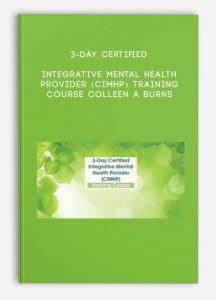
3-Day Certified Integrative Mental Health Provider (CIMHP) Training Course – Colleen A Burns
Description:
Integrative Mental Health Counseling is a progressive form of therapy that combines different therapeutic tools and approaches to fit the needs of the individual client. Using integrative therapies, we modify standard treatments to fill in developmental gaps that affect each client in different ways.
Become a Certified Integrative Mental Health Professional and learn how to empower your clients to take control of their health to reach all their goals—from weight loss to stress management, resolving chronic conditions through mind body medicine, to nutrition, exercise, sleep, gut health and more.
By combining elements drawn from different schools of thought and research, integrative therapy becomes a more flexible and inclusive approach to treatment. Drawing on a holistic approach to mental and physical health we look at the whole person. Counselors can motivate, empower and inspire wellness by combining a unique approach to look at how healing the body heals the mind and how healing the mind heals the body.
Our clients present with a lifetime of symptoms. Using an integrative methodology, we can teach them to become self-sufficient by learning to observe the body’s responses to various lifestyle and dietary modifications. Thus, choosing health promoting behaviors. Our body’s work as a system and we can rebalance this system by developing strategies to incorporate into client care. Providing the newest science of nutrition, stress management and building resiliency.
As a Certified Integrative Mental Health Provider, you will enhance their clinical skills to help facilitate behavior and lifestyle change that will have a lasting, positive impact on their well-being.
As a clinician, you can go beyond therapy by supporting your clients in good health, awareness, and empowerment to heal their bodies and minds.
Outline:
Day 1 Course Outline
Morning Session:
STRESS MANAGEMENT AND BUILDING RESILIENCEY
“Lifestyle” practices to support resiliency
The stress experience and the mindbody connection
Strategies for eliciting the relaxation response
Neuroplasticity: Using the habituated brain
THE SYMPATHETIC AND PARASYMPATHETIC NERVOUS SYSTEMS
Evidenced-based practices in integrative medicine to support behavior change
Ways to elicit the “relaxation response” to antidote stress
When and where to use mind-body approaches – inside and outside treatment
Six ways to fight stress fast
POSITIVE PSYCHOLOGY AND GRATITUDE
The science behind gratitude and abundance
Self-compassion and renewal is the key to change
Outline how positive psychology can increase resilience to psychological stress and physical disorders
Gratitude & breaking free of the vicious cycle of negative thoughts
Afternoon Session:
THE SCIENCE OF HABIT LOOPS
How the brain forms new habits
The connection between stress, impulse control and neurotransmitters
Why will-power isn’t enough!
Brain-based tools for retraining the habit brain
MINDFULNESS-BASED COGNITIVE BEHAVIORAL THERAPY
Cognitive reappraisal and positive expectation to stop allostatic loading
Master the O.N.E. technique
Learn how to integrate tools into clinical practice via evidenced-based techniques
Techniques from mindful cognitive behavior therapy
MINDFULNESS AND MEDITATION
Health-related benefits of contemporary meditative practices
The science behind mindfulness and meditation, why meditation works and how it changes your brain
Teach clients to begin a daily practice to ease symptoms of depression & anxiety
Day 2 Course Outline
Morning session:
INFLAMMATION
Inflammation and the mind-body connection
Acute and chronic inflammation
Stress, sleep, mood, nutrition
Identify lifestyle factors contributing to inflammation
The links of inflammation, to stress, disease, anxiety and depression
The enteric nervous system
GUT HEALTH, THE BRAIN AND THE MICROBIOME
Sympathetic and parasympathetic nervous system
Rest and digest vs. fight or flight
A user’s guide to the gut brain axis
This axis that connects the brain, central nervous system and the digestive tract is the basis for understanding our microbiome
NUTRITION AND MENTAL HEALTH
Nutrition and links to mental and physical health
Clinicians in the kitchen: Nutritional involvement in mood disorders
Using motivational interviewing
Evidenced-based education on how nutrition impacts mental health
The role of sugar and fats on mood related disorders
Chemicals and additives in food and their effect on mental and physical health
The link between nutrition and mental health
Recognize nutritional deficiencies signs and symptoms
Identify why food is medicine
Food allergens, lactose intolerance and mood
Minerals & vitamins, magnesium, omega’s, B vitamins
Supplements
Clinical therapies
Key nutrients for pain, mood, attention and cognition
Prebiotics and probiotics
Afternoon Session:
PHYSICAL HEALTH AND IMPACTS ON MENTAL HEALTH
Using exercise to reduce anxiety and depression
Walking meditation
Stretching
Yoga
Pilates
RESTORATIVE SLEEP & SLEEP HYGIENE


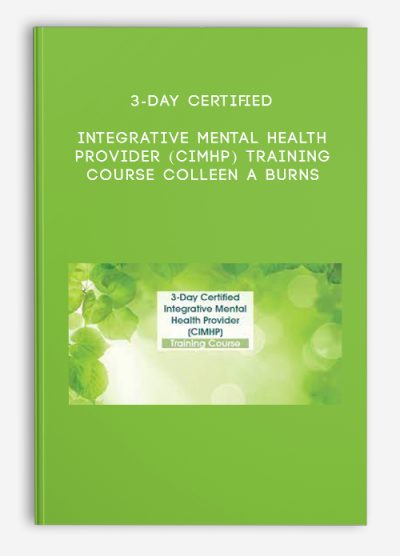
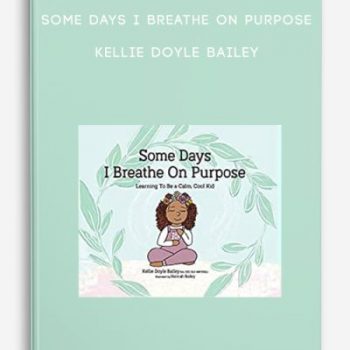
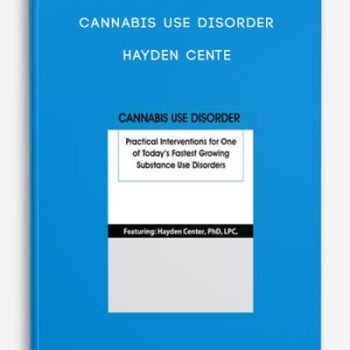

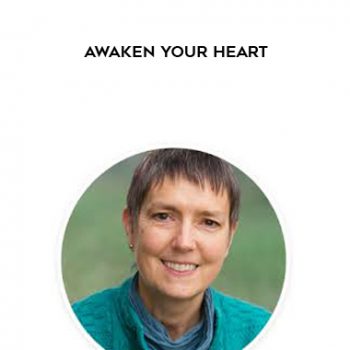
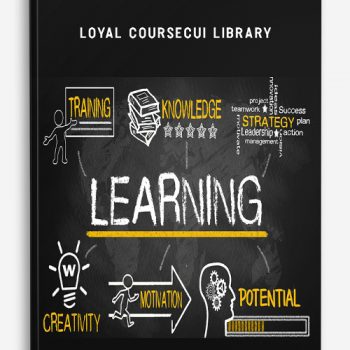
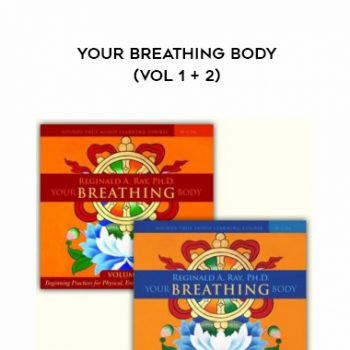
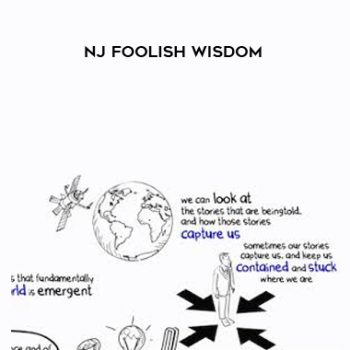



tristian –
This is Digital Download service, the course is available at Vincourse.com and Email download delivery.